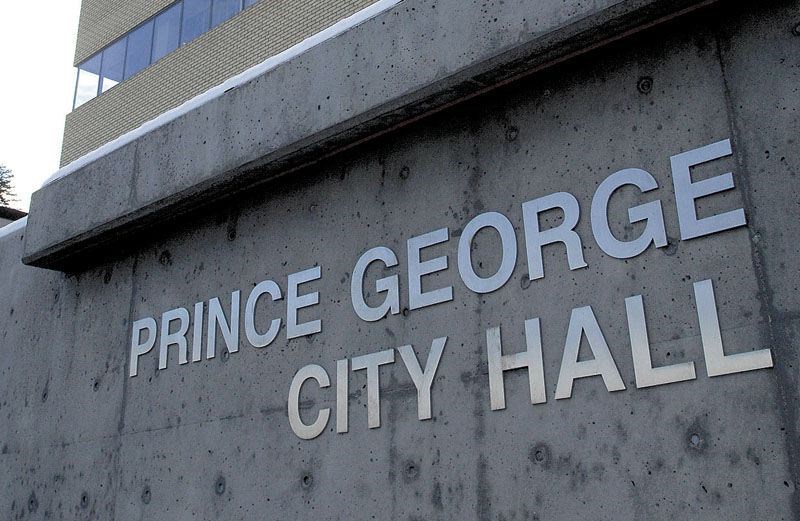Restore funding to non-profits, provide a province-wide poverty plan and fund a federal marijuana tax for local governments. Those three resolutions will be sent by the City of Prince George to the Union of British Columbia Municipalities for consideration at the convention in September.
The city's Standing Committee on Intergovernmental Resolutions came up with the three priorities, which were unanimously passed at Monday's council meeting. Coun. Terri McConnaughie wasn't present and Jillian Merrick recused herself from the vote.
B.C. continues to have some of the highest rates of poverty in Canada, said Coun. Murry Krause reading from the resolution, but B.C. is the last to commit to a plan. In November School District 57 made the same request to the province after an annual report showed one in five B.C. children live in a low-income family.
In 2012 Prince George was one of seven communities to take part in a pilot program with the goal of creating a poverty-reduction strategy. Ultimately it and others backed out.
"We weren't prepared to contribute to a system or process where we were looking at people living better in poverty," Krause said.
Instead, the approach should be find ways to reduce poverty with an ultimate goal of eliminating it entirely.
"There's of course the human toll and people's right for dignity. I think it's imperative we move this forward. We live in one of the wealthiest provinces in Canada. We have to do better."
The committee made good on the city's promise to support a call from local charities for restored provincial funding, after a March presentation to council outlined problems with the Community Charitable Gaming Grant program.
Now it's calling on restored and enhanced funding for non-profits and a long-term approach that moves away to the single-year grant approach started in 2010.
"The Gaming Program has demonstrated a shift towards inflexible policies, a reduction in gaming revenue, sectors removed and then reinstated after public pressure, with discretionary funding," the resolution reads.
"We're also asking that a provincial committee be struck to look at all the problems and look at solutions going forward to try and come up with long-term plans so that these charities know there's going to be sustainable funding in years to come," said Coun. Brian Skakun, chair of the committee.
The city also wants to make sure municipalities get their fair share of any revenues from pot legalization expected in 2017.
"I'm sure there's going to be opportunity for tax revenue," said Skakun. "We don't know how it's going to unfold."
But local governments will bear the burden of Ottawa's current policy "that emphasize enforcement of marijuana prohibition, consume significant portions of municipal budgets and that divert law enforcement attention away from criminal activities where police involvement can better improve community safety," the resolution reads.
The hope is that UBCM could work with the province and federal governments "to try and establish some sort of regime that municipalities can share that (revenue)."
One suggested model would be like the gas tax fund to create a revenue source for cities, through federal legislation.
The committee opted to pass on one proposed resolution by Beyond the Market to create a province-wide approach to agriculture and farming to offer better support and services for farmers. It felt the regional district would be a better champion for that program.

.png;w=120;h=80;mode=crop)

